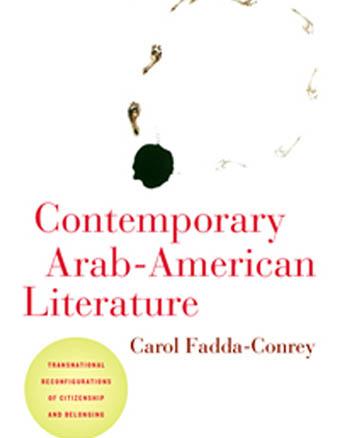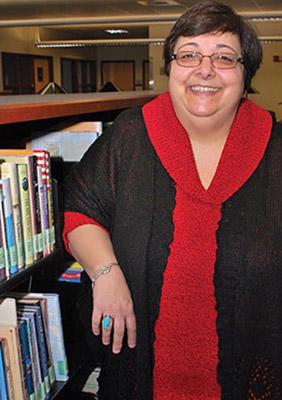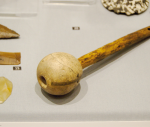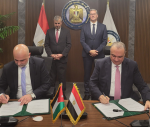You are here
Does citizenship confer belonging?
By Sally Bland - Aug 10,2014 - Last updated at Aug 10,2014

Contemporary Arab-American Literature: Transnational Reconfigurations of Citizenship and Belonging
Carol Fadda-Conrey
New York and London: New York University Press, 2014
Pp. 243
In the view of Carol Fadda-Conrey, Arab-American literature not only expresses the respective authors’ memories, dreams, thoughts and imaginations, but also contains the potential to redefine concepts of citizenship and belonging.
While Arab-American lives are often complicated by having multiple roots, and threatened by racialised discrimination, Fadda-Conrey points out the ultimate advantage of living on what Edward Said called “constantly shifting ground”: “It equips him or her with a revisionary perspective that opposes an uncritical and unquestioned attachment to a nation or a collective [whether in the US or the Arab world].” (p. 129)
This heightened consciousness positions Arab-American authors to enter uncharted territory, ever wary of narrow and stagnant definitions of US citizenship.
The book focuses on Arab-American writing from the 1990s onward. This is the literature produced by second- and third-generation immigrants who began to dispute the need to assimilate, and to contest negative representations of Arabs, Muslims and Arab-Americans. Rather than seeing their connection to the Arab world as hindering their belonging in America, they seek its potential enrichment of the US social, political and cultural scene. In their writing and art, they explore the nature and significance of their transnational and translocal connections as “the main discursive vehicle for defying exclusionary and uniform types of US citizenship”. (p. 3)
While situating themselves primarily in the American landscape, their works most often address experiences of displacement, exile and dispossession caused by the political and military conflicts in the Arab world, especially in Palestine and Lebanon. They demand a deeper recognition of their particular cultural background than is usually accorded by token multiculturalism.
Many if not most of these writers came of age in the second half of the 20th century as US involvement in the Arab countries was rising and often took the form of military intervention or foreign policies detrimental to Arab peoples’ interests, such as the US’ unilateral support to Israel. In the author’s view, “it is these military operations and foreign policies, as well as their construction of Arabs and Muslims as Other, that primarily position Arab-Americans at the forefront of radical transnational reimaginings of the US nation-state and concomitant reconceptualisation of dominant citizenship and belonging.” (p. 8-9)
The same factors give Arab-Americans’ insight a strong anti-imperialist and anti-Orientalist slant.
In this analytical framework, Fadda-Conrey examines the work of poets, novelists, essayists and a few visual artists according to themes. The works of Lawrence Joseph, Suheir Hammad, Naomi Shihab Nye, Diana Abu Jaber, Joseph Geha and others are approached from how they rework memories of Arab homelands inherited from their parents or grandparents. Other writers, such as Mohja Kahf, Susan Muaddi Darraj, Samia Serageldin and Pauline Kaldas, are examined for how they portray Arab-Americans undertaking temporary returns or rearrivals to ancestral homelands. The third theme covered is how the transnational identities of Arab-Americans produce translocal spaces that change the concept of belonging in America. Writers explored in this category include Rabih Alameddine, Etel Adnan, Edward Said, Laila Halaby and Randa Jarrar.
This book can be read as an introduction to Arab-American literature or as a reference to enrich one’s understanding of this relatively new and exciting field. Fadda-Conrey writes with passion and analytical precision about a topic in which she is obviously well versed and deeply involved.
Related Articles
In her memoir, Evelyn Shakir keeps readers on their toes and turning pages as much with her lively prose as with her insightful observations about herself, her family, new people and places, culture and life itself. Having previously published short stories and non-fiction about Arab-American women, she finally focuses on her own experience in what was to be her last book before her death in 2010.
AMMAN — The global influence of renowned Arab-American intellectual Edward Said remains in every corner of the world, according to an Americ
AMMAN — “Build your own power bridge; say no to silence and always speak the truth,” was one line out of her tens of thousands aimed at impr

















